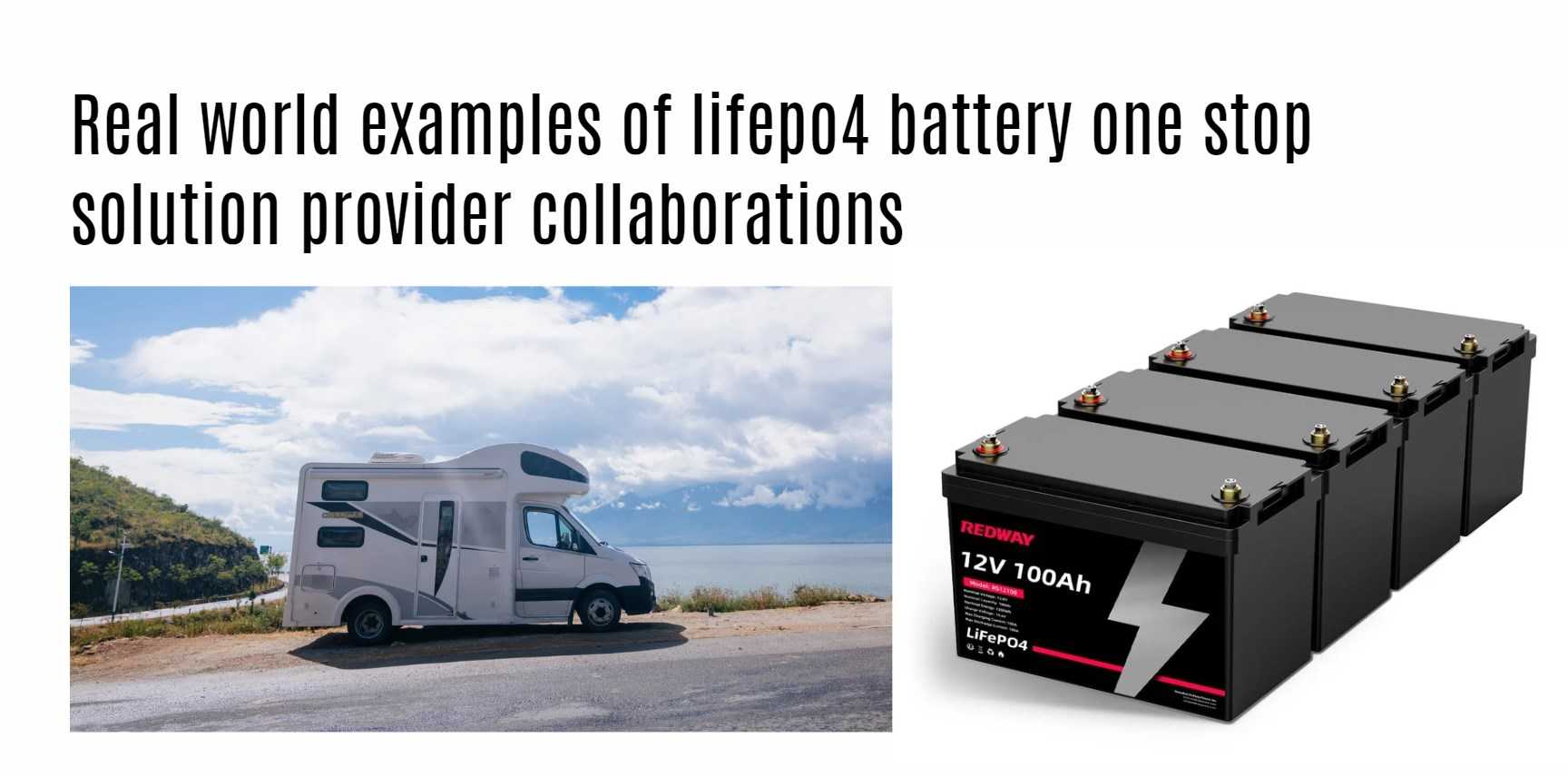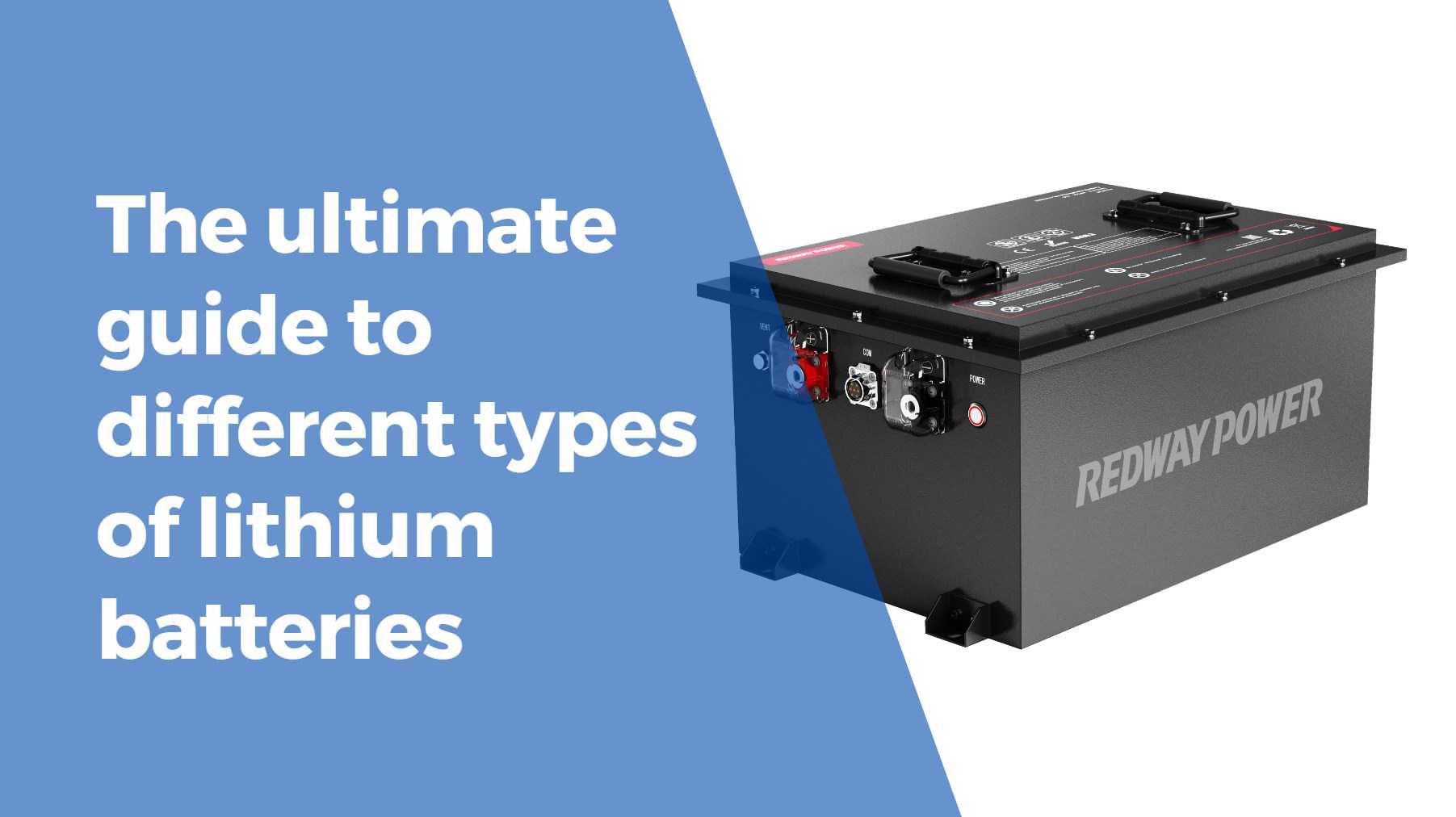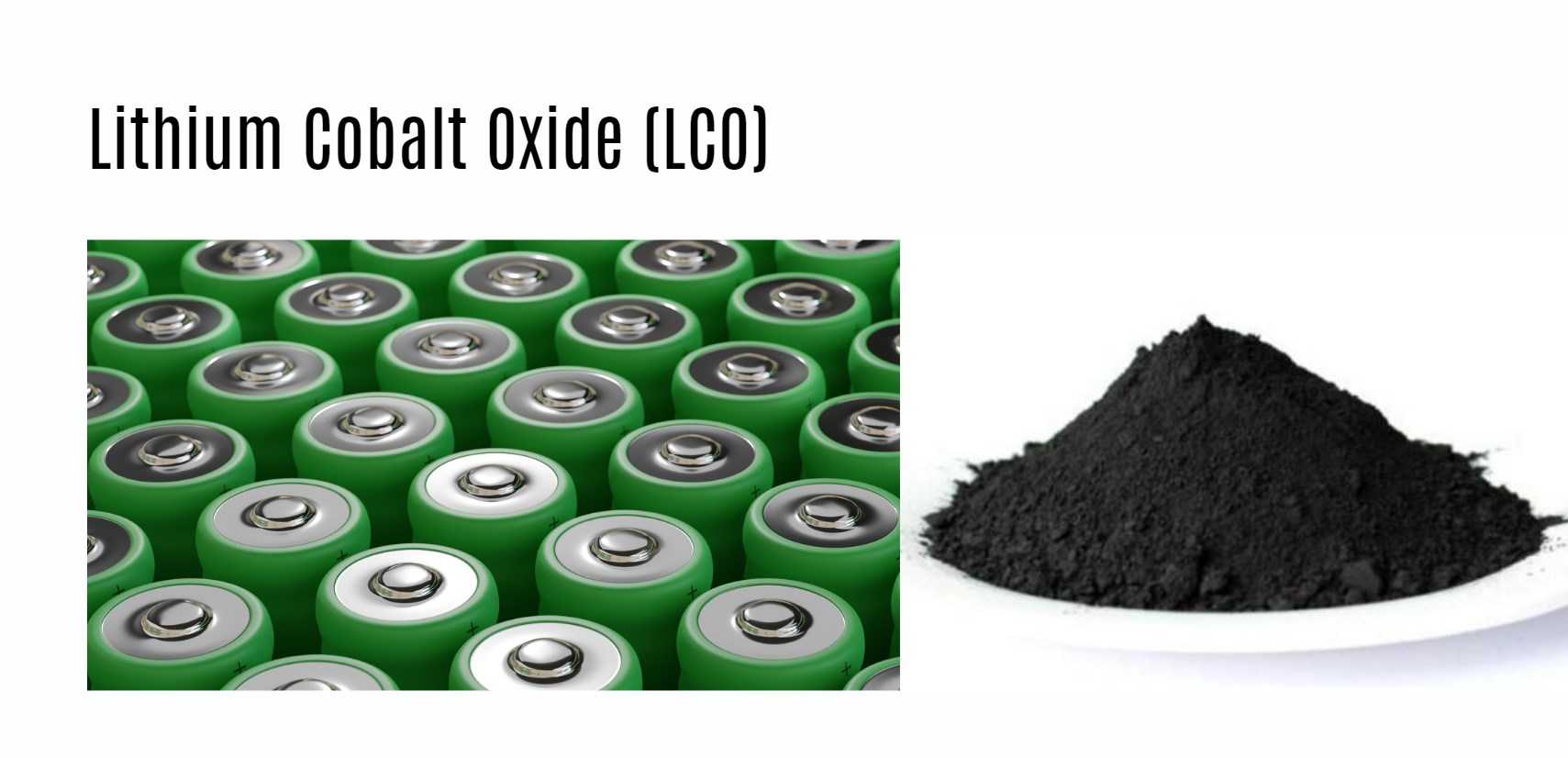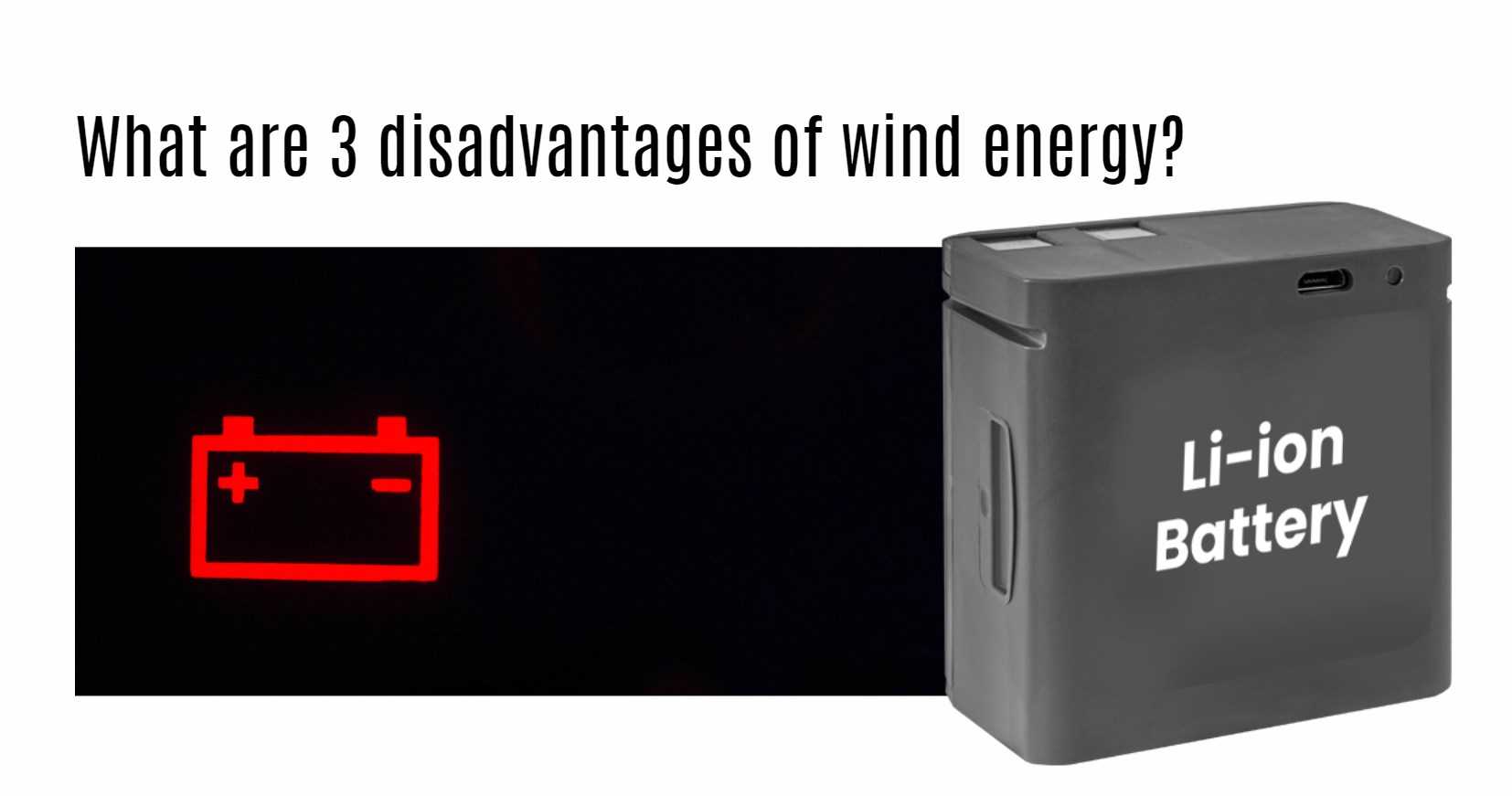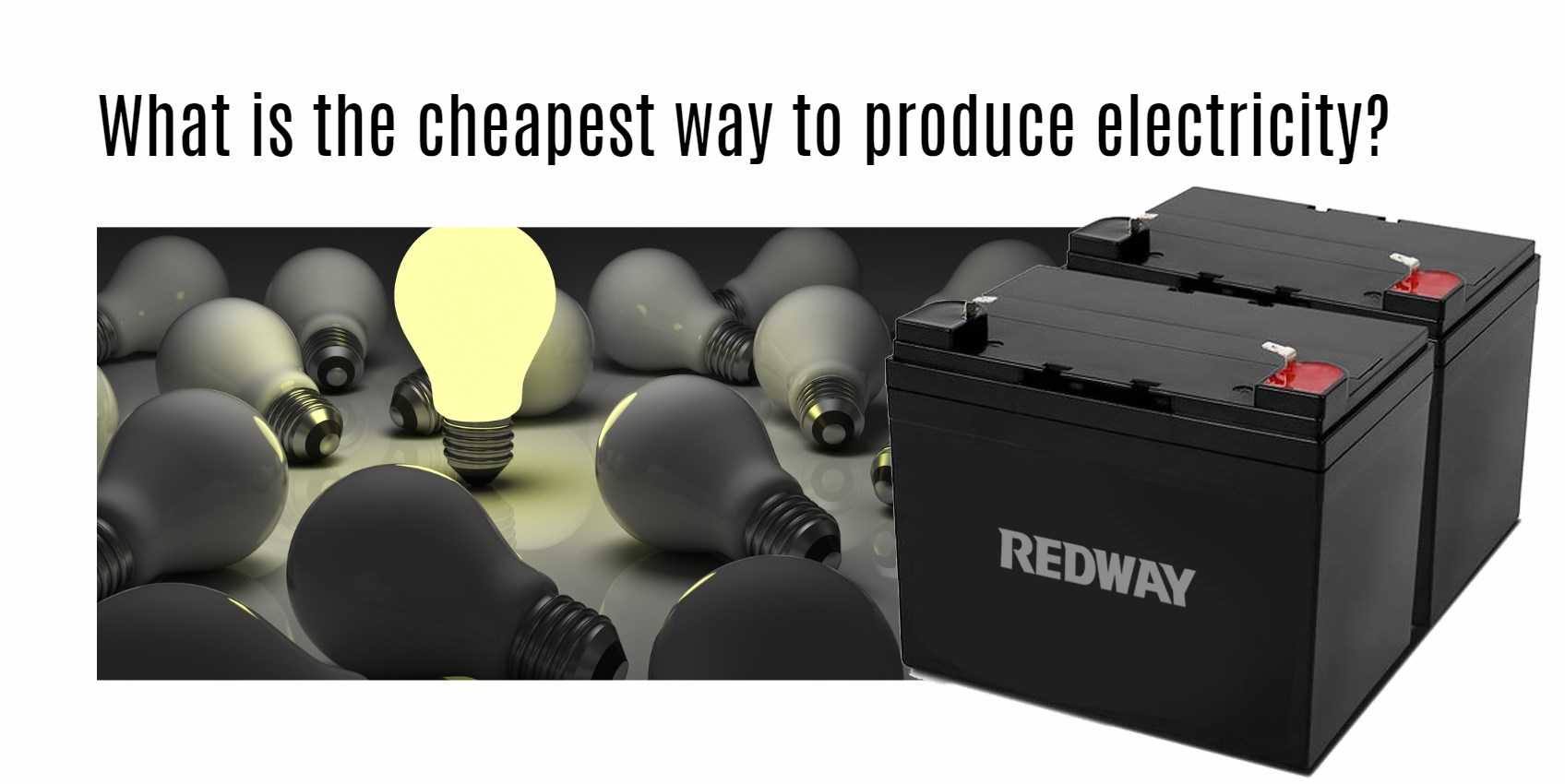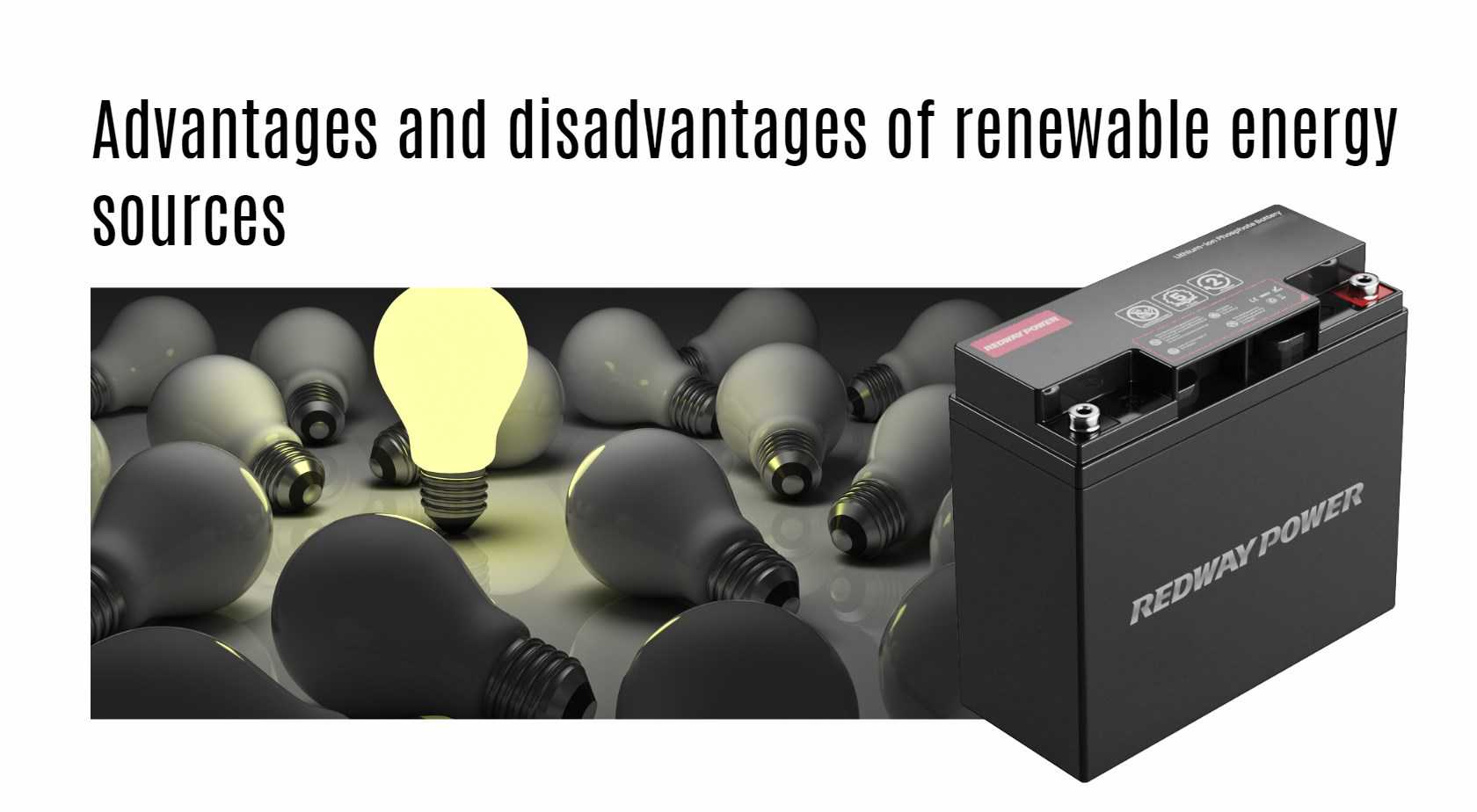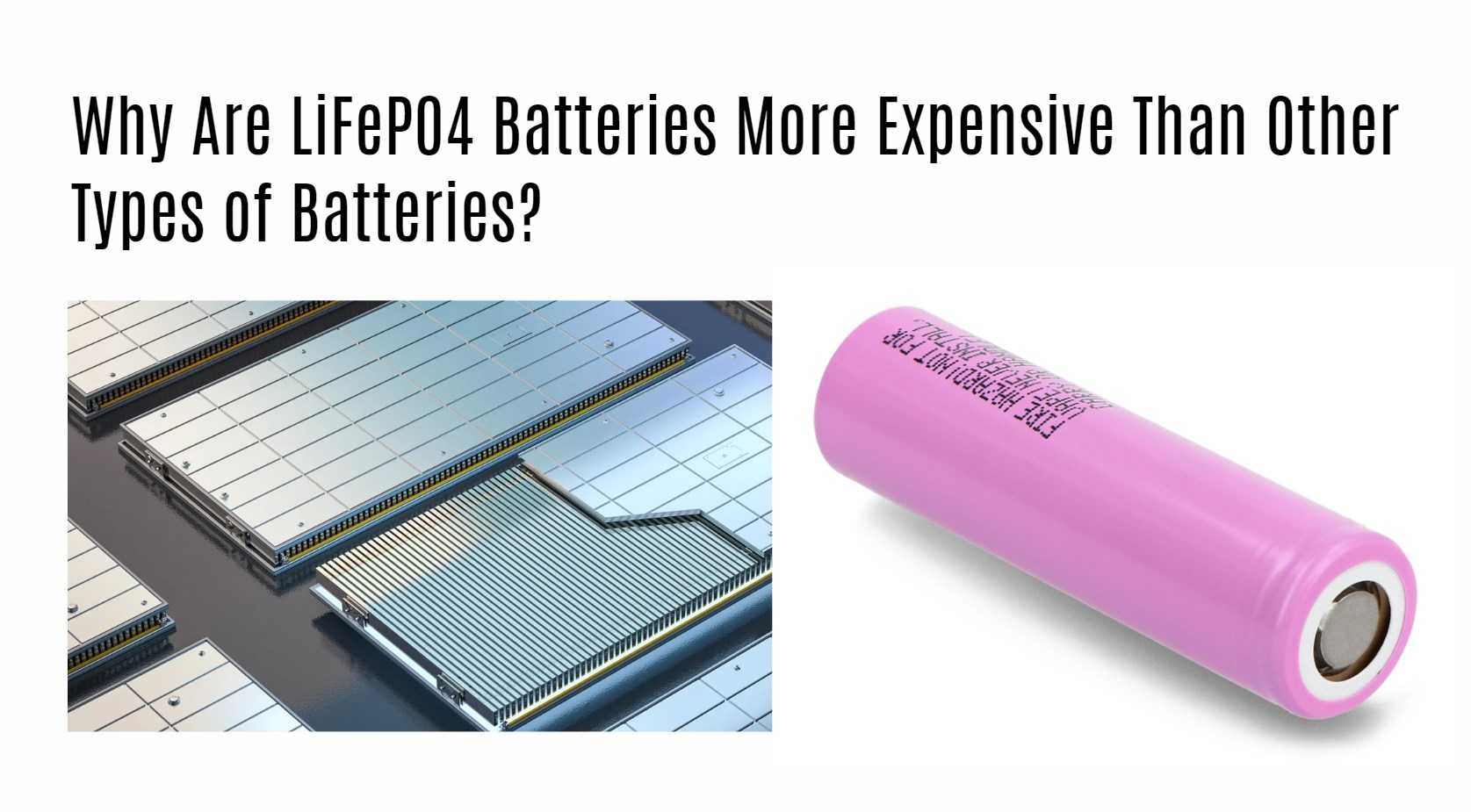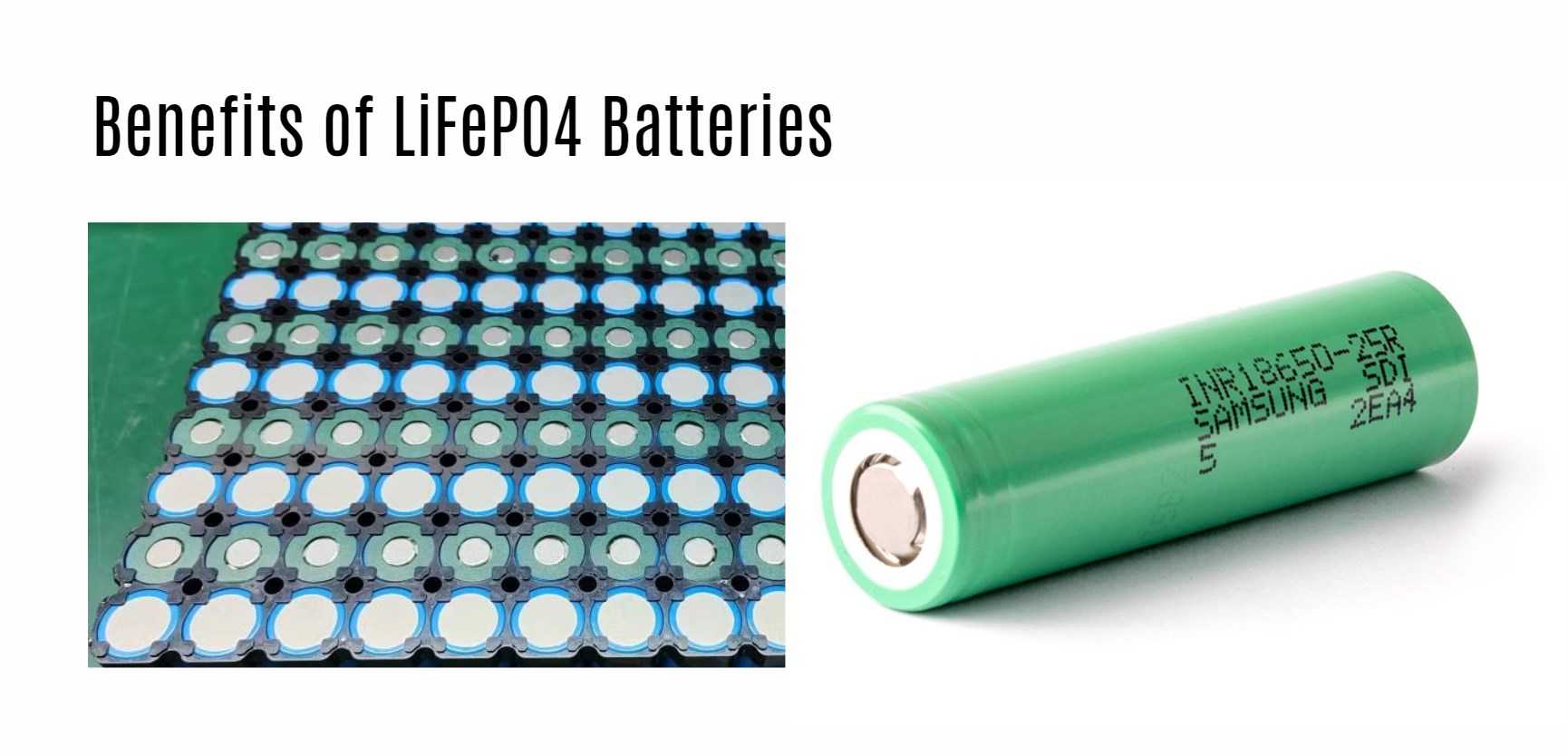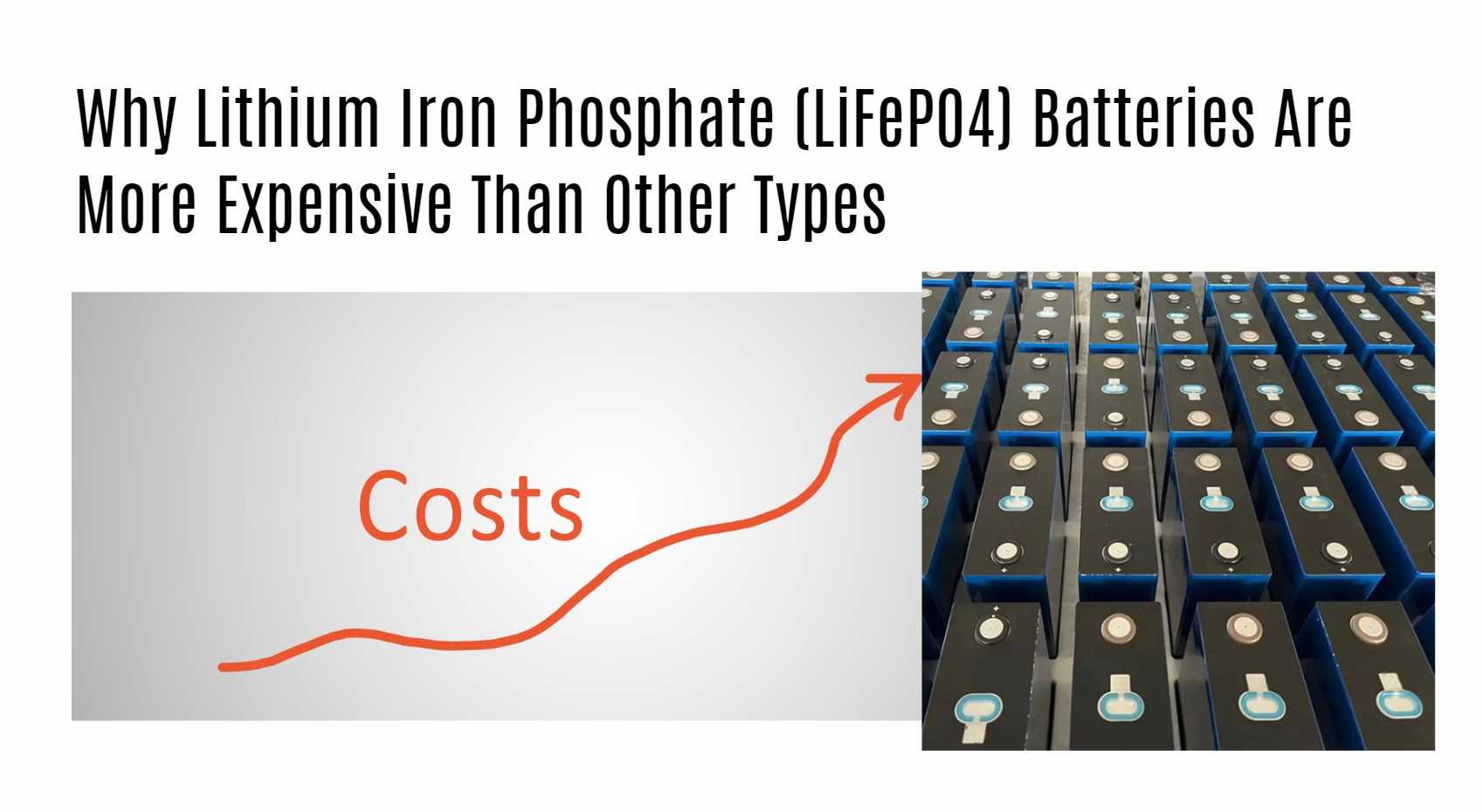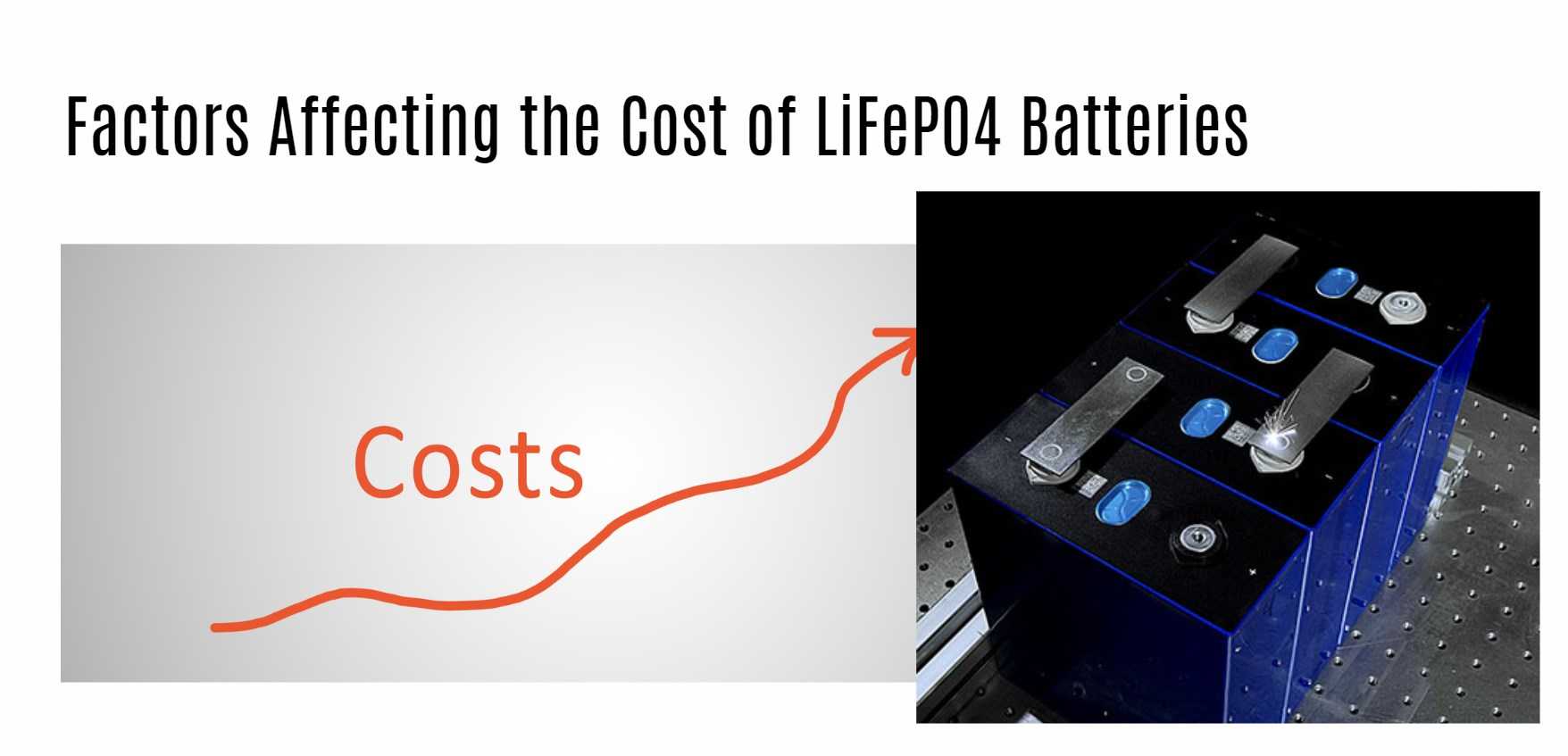How many lifepo4 batteries can you run in parallel?
Looking to power up your energy storage system with Lifepo4 batteries? Curious about how many you can run in parallel for maximum efficiency and performance? You’re in the right place! In this blog post, we’ll dive into the ins and outs of running multiple Lifepo4 batteries in parallel. From understanding battery capacity to important tips and common mistakes to avoid, get ready to supercharge your knowledge on parallel battery connections! Let’s amp up those volts and watts together!
Understanding Battery Capacity and Parallel Connections
When it comes to Lifepo4 batteries, understanding battery capacity is key. Capacity refers to the amount of energy a battery can store and supply. In parallel connections, combining multiple batteries increases the total capacity available for your system.
Parallel connections involve linking the positive terminals together and the negative terminals together across multiple batteries. This setup allows for higher current output without changing voltage levels. It’s like creating a powerhouse team where each battery plays its part in harmony.
Before diving into parallel connections, ensure that all batteries have similar capacities and states of charge to prevent imbalances. Monitoring voltage levels regularly is crucial to maintain optimal performance and longevity.
By grasping the relationship between battery capacity and parallel connections, you’ll be better equipped to harness the full potential of your Lifepo4 battery setup!
Benefits of Running Batteries in Parallel
Running batteries in parallel offers a range of benefits that can enhance the performance and longevity of your Lifepo4 battery system. One key advantage is increased capacity, allowing you to store more energy for longer periods. This can be particularly useful for off-grid or backup power applications where extended runtime is crucial.
Parallel connections also provide redundancy, ensuring that if one battery fails, the others can continue to function without interruption. This added reliability can be invaluable in critical scenarios where uninterrupted power supply is essential.
Moreover, parallel setups distribute the workload among multiple batteries, reducing individual stress and extending the overall lifespan of the battery bank. By sharing the load evenly, each battery experiences less wear and tear, ultimately leading to improved durability and efficiency.
In addition to these practical benefits, running batteries in parallel can also simplify maintenance and troubleshooting tasks. With multiple batteries working together seamlessly as a single unit, monitoring performance and identifying issues becomes more straightforward and efficient.
Factors to Consider Before Running Batteries in Parallel
Before diving into running multiple Lifepo4 batteries in parallel, there are crucial factors to consider. Ensure that all batteries are of the same brand, model, and capacity to avoid any potential issues with uneven charging or discharging rates.
Another important factor is to carefully match the voltages of each battery before connecting them in parallel. Even a slight voltage difference can lead to one battery overcharging and potentially causing damage to your entire system.
Additionally, it’s essential to have proper monitoring equipment in place to keep track of each battery’s performance and ensure they are functioning optimally together. Regularly checking the temperature and voltage levels will help prevent any safety hazards associated with parallel connections.
Always consult with experts or refer to manufacturer guidelines when setting up parallel battery configurations for your specific application. Taking these factors into consideration will help you maximize the efficiency and longevity of your battery system.
How Many Batteries Can You Run in Parallel?
When it comes to running Lifepo4 batteries in parallel, the question of how many batteries you can connect is crucial. The answer depends on various factors like the capacity of each battery and the overall power requirements of your system.
In general, it’s recommended to limit parallel connections to a reasonable number to avoid issues such as uneven charging/discharging among batteries. This ensures optimal performance and longevity for your battery bank.
While there isn’t a strict rule on the exact number of batteries you can run in parallel, it’s advisable to consult with a professional or refer to manufacturer guidelines for specific recommendations based on your setup.
Remember, proper maintenance and monitoring are key when running multiple batteries in parallel. Regularly check for any signs of imbalance or malfunction to prevent potential hazards and maximize efficiency.
Understanding the limits and considerations of parallel battery connections is essential for safe and effective operation.
Important Tips for Running Multiple Lifepo4 Batteries in Parallel
When running multiple LiFePO4 batteries in parallel, it’s crucial to ensure they are of the same capacity and voltage. This helps maintain balance and prevent overcharging or discharging issues.
Before connecting the batteries, double-check all connections to avoid any loose terminals that could lead to safety hazards. Using appropriate wiring gauges is essential for optimal performance and safety.
Regularly monitor each battery’s state of charge to detect any potential discrepancies early on. Implementing a balancing system can help equalize the charge among batteries, extending their lifespan.
Proper ventilation is key when operating multiple batteries in parallel as they may generate heat during charging or discharging processes. Consider installing a cooling system if necessary.
Always refer to the manufacturer’s guidelines for specific recommendations on how many LiFePO4 batteries can be safely run in parallel based on your system requirements.
Common Mistakes to Avoid When Using Parallel Battery Connections
When it comes to running multiple Lifepo4 batteries in parallel, there are some common mistakes that you’ll want to avoid to ensure optimal performance and safety.
One common mistake is mixing batteries of different capacities or ages. It’s important to use batteries that are identical to prevent imbalances in the system.
Another mistake is neglecting proper battery management. Make sure each battery is properly maintained, charged, and balanced regularly for consistent performance.
Improper wiring can also lead to issues when connecting batteries in parallel. Ensure all connections are secure, using appropriate gauges and connectors.
Overlooking the importance of a balancing system can result in unequal charging/discharging between batteries, leading to reduced overall capacity and lifespan.
Failing to monitor the temperature of the batteries during operation can lead to overheating and potential safety hazards. Always keep an eye on temperatures while the batteries are in use.
Conclusion
Running multiple Lifepo4 batteries in parallel can significantly increase the capacity and efficiency of your power system. By understanding the battery capacity, benefits, factors to consider, and important tips for parallel connections, you can optimize the performance of your setup while avoiding common mistakes that may lead to damage or inefficiency. With proper planning and implementation, parallel battery connections can enhance the reliability and longevity of your energy storage solution. So go ahead and explore the possibilities of running Lifepo4 batteries in parallel to meet your power needs effectively!



